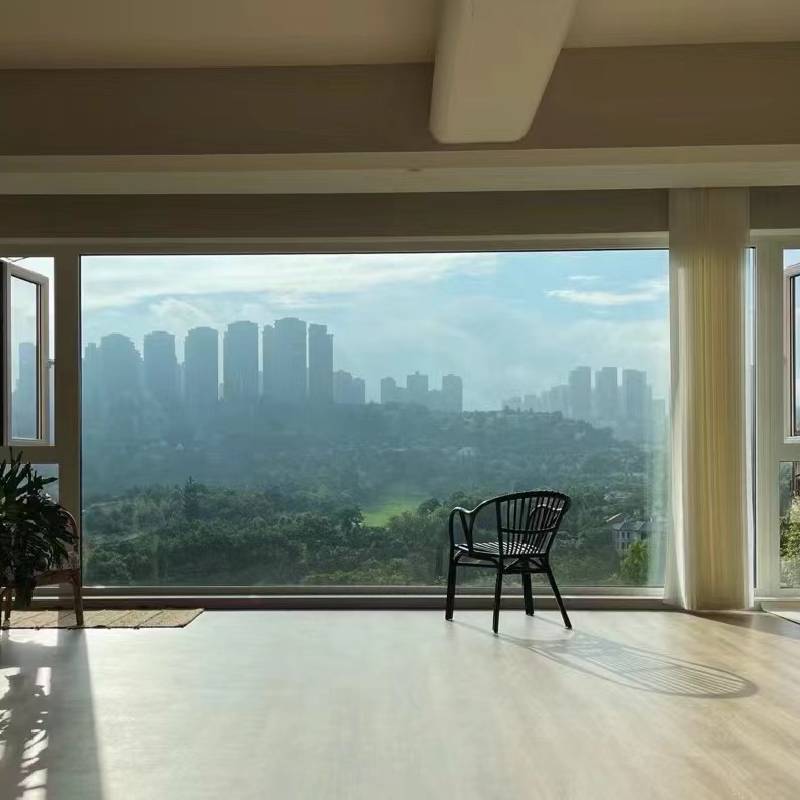

The Versatile Uses of 8mm Float Glass
Float glass, a type of flat glass, has gained significant popularity in various applications due to its exceptional quality and clarity. Among the different thicknesses available, 8mm float glass stands out as a particularly versatile choice, meeting the needs of diverse industries and projects. This article delves into the characteristics, advantages, and applications of 8mm float glass.
Understanding Float Glass
Float glass is produced through a method known as the float process, where molten glass is poured onto a bed of molten tin. Due to the density of the two materials, the glass floats on the tin, forming a flat, smooth surface. This method results in glass that is free from impurities and bubbles, providing excellent optical clarity. When tempered or laminated, float glass can enhance its strength and safety, making it suitable for a broader range of applications.
Advantages of 8mm Float Glass
1. Thickness and Strength At 8mm, this float glass strikes a balance between durability and weight. Its thickness offers increased structural integrity, making it suitable for both interior and exterior applications. This strength allows it to withstand impacts and resist breakage, which is particularly critical in high-traffic areas or environments where safety is a priority.
2. Clarity and Aesthetics One of the main attractions of 8mm float glass is its transparency and ability to transmit light without distortion. This makes it an attractive option for architectural designs, showcasing clean lines and modern aesthetics. Whether used in windows, partitions, or display cases, the visual appeal of 8mm float glass is undeniable.

3. Versatile Applications Due to its strength and clarity, 8mm float glass can be utilized in various settings. It is commonly used for windows, glass doors, shower enclosures, glass furniture, and even decorative wall panels. The material's versatility makes it a popular choice among architects and designers, allowing for creativity in both residential and commercial projects.
4. Ease of Processing 8mm float glass can be easily cut, polished, and fabricated to meet specific design requirements. This flexibility enables manufacturers and builders to create custom solutions that cater to unique project needs. Additionally, the glass can be combined with coatings and films for added functionality, such as UV protection or energy efficiency.
Applications in Interior Design and Architecture
In interior design, 8mm float glass is often employed in creating sleek and modern spaces. It is frequently used in office settings to create partitions that allow for natural light while maintaining an open feel. In residential environments, this glass is perfect for balustrades, staircases, and glass doors, providing safety without compromising on style.
In architecture, 8mm float glass can be found in facades, skylights, and curtain walls, where its strength and aesthetic appeal contribute to both structural integrity and visual impact. Furthermore, its use in eco-friendly building projects is on the rise, as it can be treated to enhance energy efficiency, contributing to greener construction practices.
Conclusion
8mm float glass offers an ideal combination of strength, clarity, and versatility, making it a preferred choice for various applications across industries. Its ability to blend aesthetics with practicality ensures its continued popularity among architects, designers, and builders. As advancements in glass technology continue, the future of float glass remains bright, promising even more innovative uses in the years to come. Whether enhancing the beauty of a living space or contributing to cutting-edge architectural design, 8mm float glass proves to be an indispensable material in the modern world.